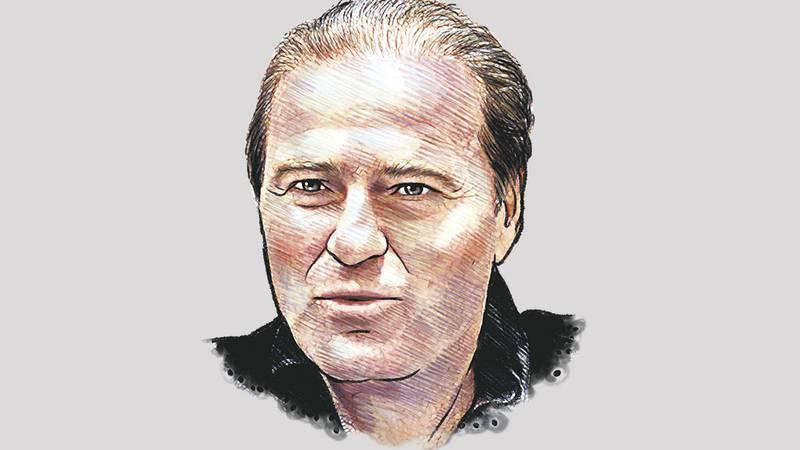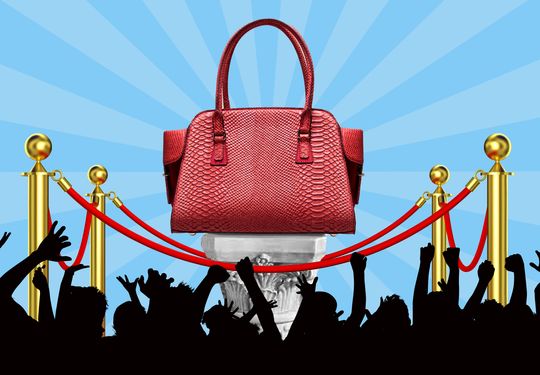Humans seek superiority, which has implications for the way markets work, a new paper distributed by the National Bureau of Economic Research says.
Have you ever wondered why in some shopping malls, some of the luxury stores have long lines of people waiting to enter, cordoned off by red velvet ropes?
It’s not that there isn’t enough room in the shop, or that there isn’t enough staff on hand to attend to customers. It’s because the company is capitalizing on the fact that artificially limiting people generates a buzz — a feeling that whatever is on the inside of that store is so special that it’s worth the wait, and worth draining that wallet.
That “motive” for companies to lure customers by using such “exclusionary” policies is one takeaway from a paper recently distributed by the National Bureau of Economic Research.
The authors, Alex Imas of the University of Chicago and Kristof Madarasz of the London School of Economics, found that excluding people randomly from specific situations is a tactic that often results in larger-than-expected gains for some companies, as people bid upward to get their hands on their product, as compared to the company trying to cater to a wide variety of people.
Consider how certain clubs and restaurants work. They may be immensely popular, but they don’t increase prices, or their seating or standing capacity, to reflect the long lines out the door.
Luxury brands “would rather burn millions in undamaged product than threaten their exclusivity,” the authors noted.
This idea of artificially limiting people in their venue, or making certain items of clothing or shoes scarce, is “intended to drive up demand,” the authors said, by making it a “privilege of consumption” that other people would like to have or own, but cannot.
The concept rests heavily on the fact that as humans, we often try to gain superiority over others.
It’s fascinating how little humans have changed, they noted, since Jean-Jacques Rousseau wrote in 1755 that to a human being, their success or failure depends on whether they feel joy from feeling superior over others.
Some customers fly hours across time zones, only to brave frigid temperatures and long lines waiting to buy a limited-edition luxury handbag only sold at a tiny boutique in Paris.
Some don’t mind camping out in lines “hundreds of yards” long for a highly exclusive $250 watch, a frenzied activity that even led to police intervention in a couple of cities.
The feeling driving us to take such actions comes not only from our simply wanting a new bag or new sneakers, but also from our desire to “derive pleasure from consuming a good or possessing an attribute that others want more but cannot have,” the authors stated.
Or, in their words, our desire to feel superior.
The quest for superiority may not make sense to a rational actor, because they may value saving money more. For instance, some people will never buy a fake diamond ring, or even a lab-grown one, even if they look the same to an outside observer. It may be cheaper to buy a cheap fake diamond ring and use the savings to buy something else, but the consumer gets a “superiority boost” only when they buy a “true diamond,” because other people desire one.






